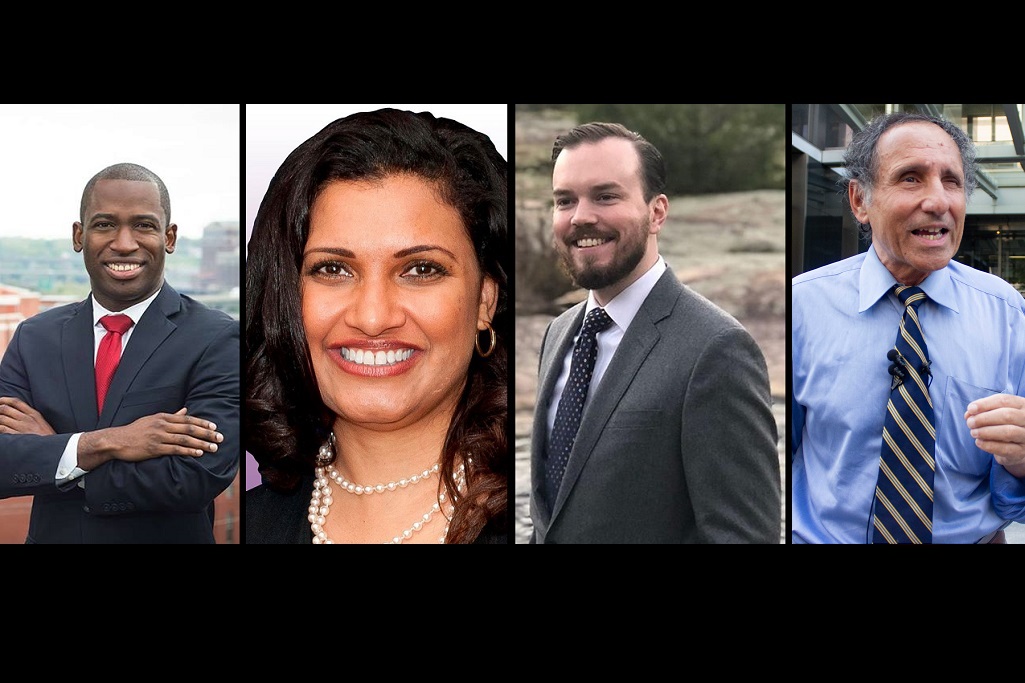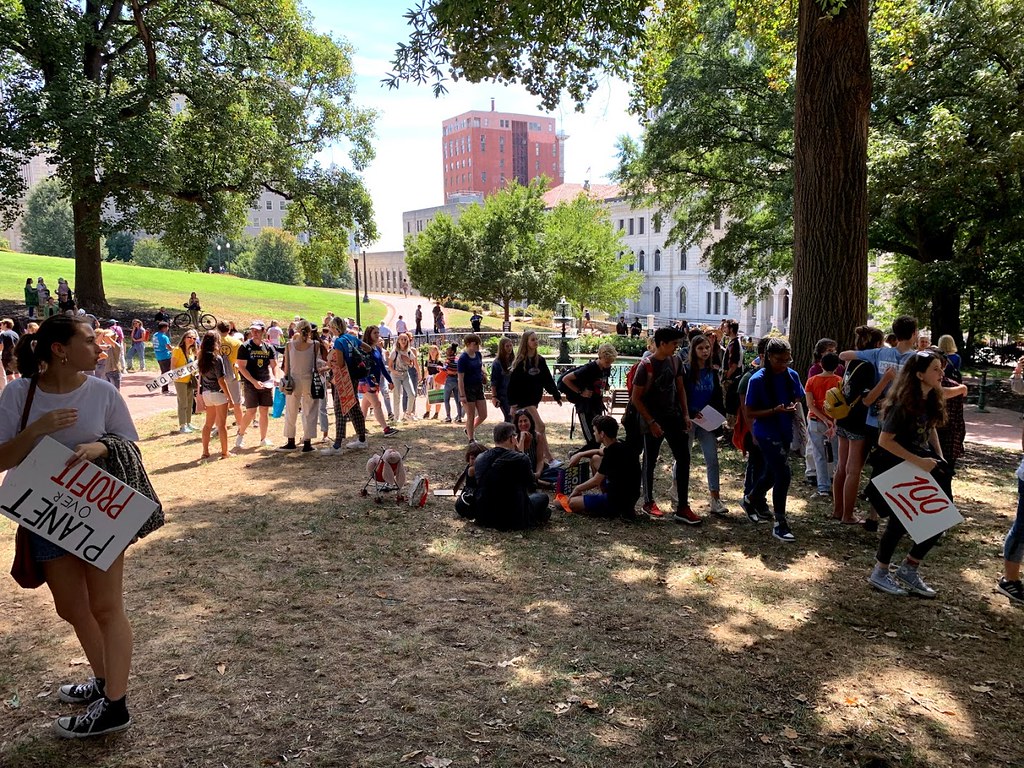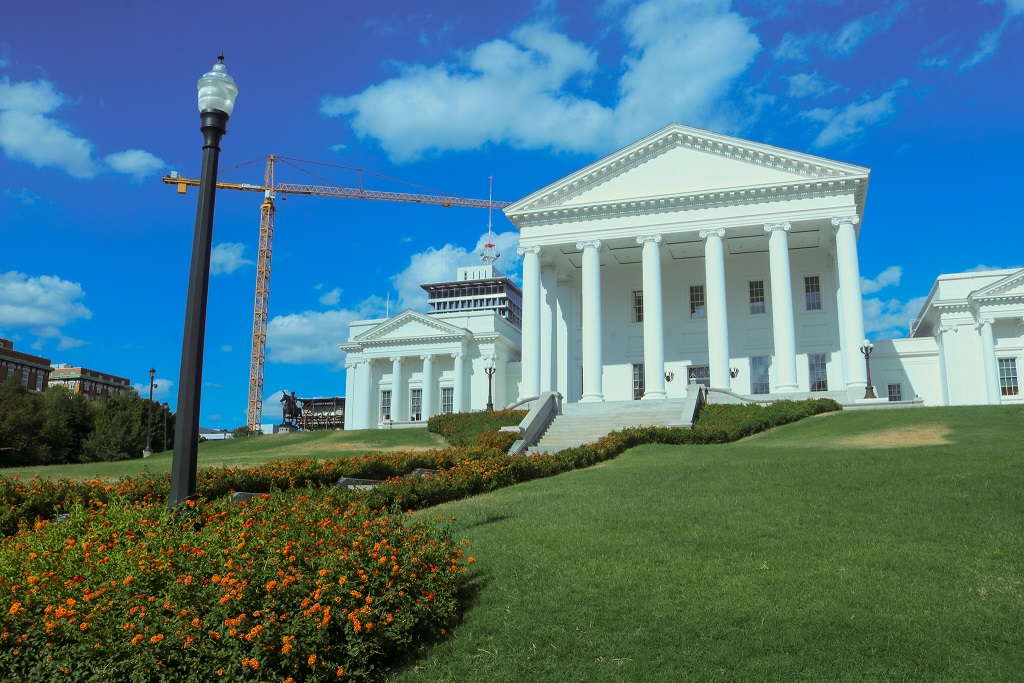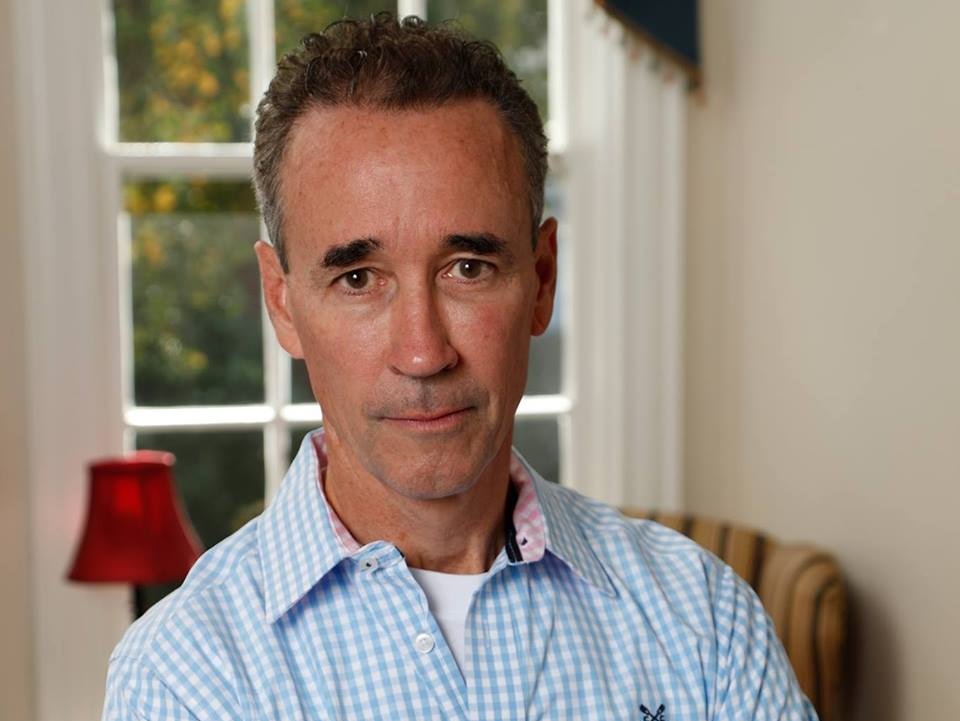While the presidential election remains at the forefront of news coverage, Rich Meagher reminds us that for Richmonders, the most important election of 2020 might be that of the city's next mayor. Everything is politics these days. Thanks to the Democratic Party’s...





